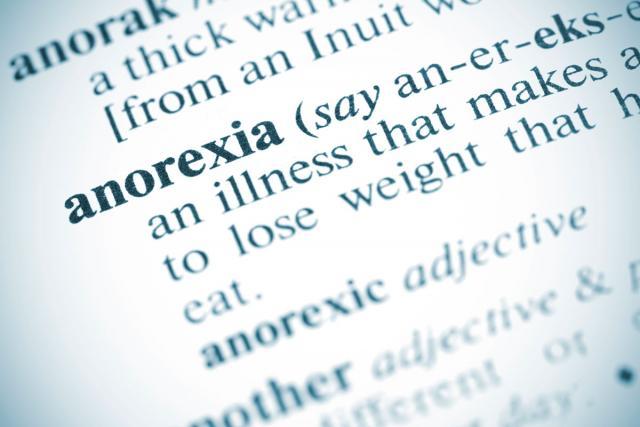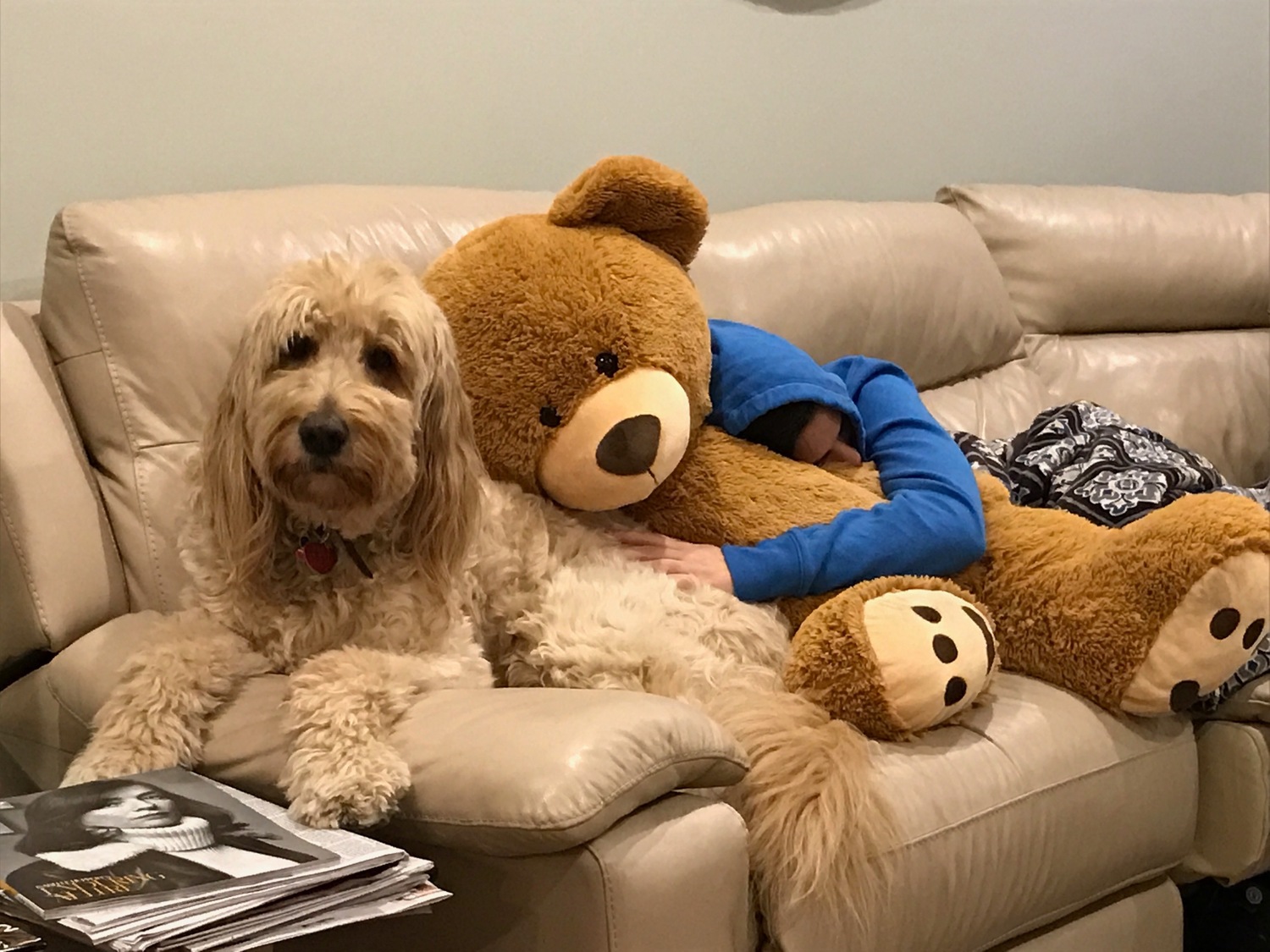People who suffer from eating disorders, are at higher risk to develop autoimmune diseases, researchers at the University of Helsinki, Finland suggest in a new study.
Autoimmune diseases happen when your body’s immune system starts attacking its own organs, tissues, and cells.
Can you guess a symptom that many autoimmune diseases share? Weight changes.
“Almost everyone with an autoimmune disorder has it affect their weight one way or the other,” says Mark Engelman, MD, a clinical consultant for Cyrex Laboratories, a clinical lab specializing in functional immunology.
Earlier this year, “Modern Family” actress Sarah Hyland took to social media to address the physical changes her illness has put her through, during which she stated, “My circumstances have put me in a place where I am not in control of what my body looks like” – and I couldn’t relate more!

It is important to note that I feel like I need to add a million disclaimers to this post! I went back and forth debating whether or not I would post this, but “we are only as sick as our secrets.” In recovery they tell you how being secretive is not beneficial, and for me I have found this true both in being honest with others and myself.
Weight is such a sensitive subject for so many people, so let me just say that I can’t know what it’s like for everyone else, but this is what it’s like for me. I am writing this blog because weight fluctuation in relationship to chronic illness isn’t something that gets talked about. Because there are others like me, living in bodies that have been changed by illness, who are tired of feeling like their bodies are on display.
I am writing this blog because I want to know: How should we chronically ill people deal with weight changes and people’s ignorance surrounding the topic?
Recently, I was diagnosed with a rare pancreatic condition with symptoms, including abdominal pain and fullness, nausea and vomiting, weight loss, anorexia, anemia, etc, etc.
Wait a second.Anorexia. A symptom?
But, I recovered from anorexia.

Eating disorders are an outward sign of an inward unrest. I didn’t choose to have an eating disorder. But I chose to recover from it.
Due to my recent illness, I’ve lost weight. Not by choice. And I hate it.
I am going on slight tangent here because I think this is important- I will go back to the above shortly . . .
A few months ago, after undergoing many tests, I sat in my doctors office and expressed my deepests concern. I brought up my weight loss. I told him I could “deal” with any other symptom, but you do not mess with my appetite. I have seen many, many doctors over the past few months. Some recommended special “diets,” etc that could help alleviate the pain. The one I spoke to about my concern said something so beautiful and yet so rare in our society today. He said, “Liana, eat what you want,.at what makes you happy.”
. . . Due to my recent illness, I’ve lost weight. Not by choice. And I hate it. I hate it because I do not feel healthy. Although, this is not a story about food, just like eating disorders are not about the food, I think it’s important to note. And just like my recent weight loss is not about the actual number on the scale, it’s about HEALTH.
Chronic illness can alter your body in ways that aren’t always easy to come to terms with. And while you’re working to accept changes like weight fluctuations and scars, other people may pepper you with questions and comments that make you feel even more self-conscious. But that isn’t fair — people with chronic illnesses have the right to feel confident and proud of their bodies and know they’re still beautiful, inside and out.
After a surgery or medical procedure, we are given medications and recovery plans. We are told how often to take those medications, when and how to eat, what our physical limitations will be. As someone who likes to have lists and know what comes next, I appreciate these instructions. I’m learning, however, that even the medical professionals can’t tell you exactly how your recovery will go.
Popular slogans tell us to “Just Do It,” and to, “Sleep when you’re dead.” Our society pushes us to take on more and more, and we are seen as weak when we are unable, or do not want to do so.
I normally run my day-to-day life at a high-speed pace. Maybe that comes from living and working in New York City, but I also genuinely like being busy. It’s just how I function. Teaching by day, running Project HEAL by night, balancing graduate school, friends, family, etc. I like having things to do and getting them done. Recovering from a chronic illness, of course, is the polar opposite of that.
When I struggled with an eating disorder, my self worth was based on how much I weighed. Through recovery, I learned that I am more than a number. Having a chronic illness often comes with a lot of feelings of inadequacy, which can affect one’s ability to prioritize self-care.

I am learning that I can’t base my self-worth on my career or my accomplishments. I am learning to find a way to value myself for the person I am, instead of valuing the things I do. I am learning that my body, though it doesn’t always comply with what I might want, is not the enemy. I am learning to remind myself that I am not made less for taking the time to rest and give my body what it needs. I am learning that advocating for my physical health is no different than the advocating for my mental health. I am learning it is OK to ask for help. I am learning it is OK to not be able to do everything every day. I am learning that perfectionism isn’t healthy, practical or necessary. I am learning that I need to live in the present moment instead of focusing on the past or worrying about the future. I am learning to slow down, make myself a priority, and incorporate self-care practices on a daily basis.
Self-care, more often than not, is viewed as self-indulgent. For whatever reason, as a society, we’ve begun glorifying the neglection of ourselves. We’ve slowly been chipping away at our weekends and evenings, and don’t consider ourselves successful unless we’re constantly on the go. Down time has been replaced with screen time and relaxation has been replaced with hustle.
We all need to care for ourselves. We all deserve basic rights. We all deserve to participate in what makes us better and stronger. And that is not indulgent or selfish. That is simply self-preservation. It is self-care.
Our bodies are incredible. Currently, mine may be my worst enemy, but it’s also my greatest gift. #MyHEALthyBodyCan be my own personal warrior in the midst of its own battle. It deserves a hell of a lot more credit than I once gave it.
A special shout out to my body for reminding me how strong, resilient and badass I really am.
So, if you take anything from reading this, remember:
-
Don’t comment on people’s weight. Don’t shame people for how they look, whether you think it is within their control or not.
-
Sometimes saying no and choosing the path of rest and relaxation is absolutely necessary. While the rest of the world may be operating at lightning speed, it’s OK to stay in the right hand lane going at your own pace.
-
Rather than criticizing your body, accept your reality, reclaim your strength and demonstrate all the ways you can be excellent — all the ways you and your body can be excellent!
We want to hear from you!
If you are currently struggling with a chronic illness, how do you deal with weight changes and people’s ignorance surrounding the topic? Email [email protected]
¹http://journals.plos.org/plosone/article?id=10.1371/journal.pone.0104845
²https://www.prevention.com/health/6-autoimmune-diseases-that-mess-with-your-weight


